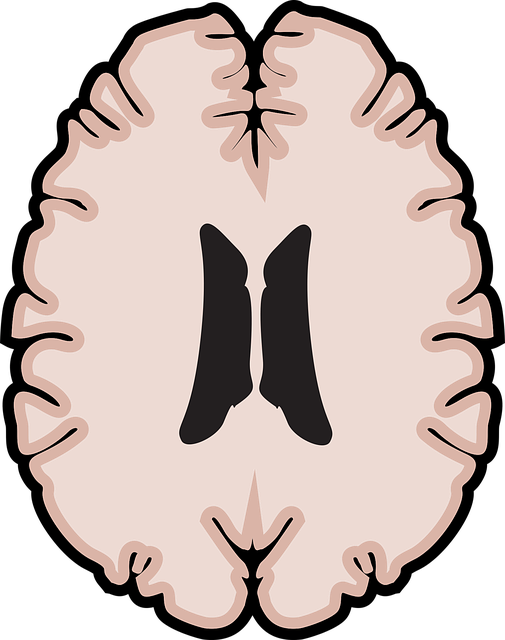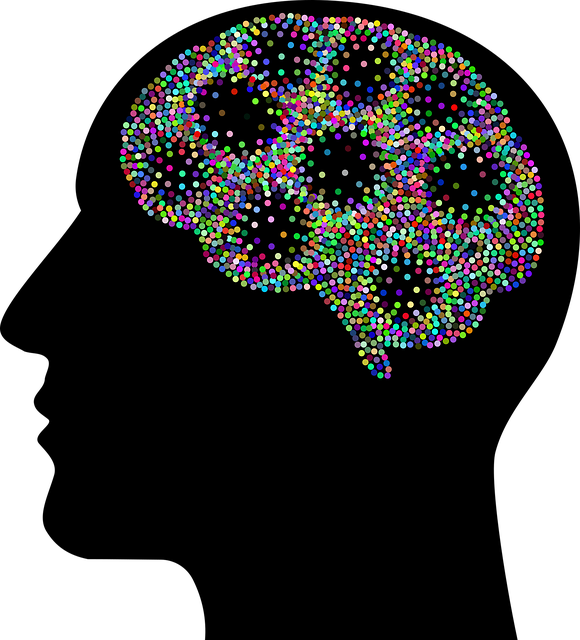Mental wellness coaching for Post-Traumatic Stress Disorder (PTSD) focuses on personalized support using evidence-based practices like Cognitive Behavioral Therapy (CBT) and Eye Movement Desensitization and Reprocessing (EMDR). Wheat Ridge PTSD therapy empowers clients to identify triggers, develop coping strategies, enhance self-care, build emotional intelligence, and reduce stigma. This holistic approach combines tailored therapies, self-awareness exercises, regular assessments, and mental wellness coaching for improved symptom management, increased resilience, and better long-term mental health outcomes.
Mental wellness coaching is gaining prominence as a powerful tool for promoting holistic well-being. This article explores the development of targeted programs, with a specific focus on addressing Wheat Ridge Post-Traumatic Stress Disorder (PTSD) through evidence-based therapies.
We’ll delve into the significance of understanding mental wellness coaching and its impact, strategize program design for PTSD, and examine successful implementations, providing valuable insights for professionals in this field. Discover how these programs are revolutionizing therapy accessibility.
- Understanding Mental Wellness Coaching and Its Impact
- Designing Programs for Post-Traumatic Stress Disorder (PTSD)
- Integrating Evidence-Based Therapies in Coaching
- Implementing and Evaluating Wheat Ridge PTSD Therapy Programs
Understanding Mental Wellness Coaching and Its Impact

Mental wellness coaching is a growing field that offers individuals personalized support to enhance their mental health and overall well-being. It involves guiding clients through various techniques and strategies to navigate challenges, promote positive thinking, and develop effective coping mechanisms. At its core, this practice aims to empower people to take charge of their mental health, fostering resilience and self-awareness.
In the context of Wheat Ridge Post-Traumatic Stress Disorder (PTSD) therapy, coaching can play a pivotal role in helping individuals manage symptoms and improve their quality of life. Coaches work collaboratively with clients to identify triggers, develop personalized strategies for emotional regulation, enhance self-care practices, and build emotional intelligence. By addressing these aspects, mental wellness coaching has the potential to profoundly impact individuals’ ability to cope with stress, anxiety, and trauma, ultimately leading to improved mental health outcomes.
Designing Programs for Post-Traumatic Stress Disorder (PTSD)

When designing mental wellness coaching programs focused on Post-Traumatic Stress Disorder (PTSD), it’s crucial to tailor interventions that address the unique needs of individuals navigating this complex condition. Wheat Ridge Post-Traumatic Stress Disorder Therapy emphasizes a holistic approach, incorporating evidence-based practices alongside personalized strategies. Techniques such as conflict resolution training can help clients manage triggers and improve relationships, while encouraging self-care routine development for better mental health is central to fostering resilience and coping mechanisms.
Beyond direct therapy sessions, stigma reduction efforts play a significant role in creating supportive environments. By integrating education and awareness activities, coaching programs can destigmatize mental illness, fostering understanding among participants and the wider community. This inclusive approach not only enhances access to care but also encourages individuals to seek support earlier, potentially mitigating the long-term impact of PTSD symptoms.
Integrating Evidence-Based Therapies in Coaching

Incorporating evidence-based therapies is a pivotal aspect of developing effective mental wellness coaching programs. By integrating techniques like Cognitive Behavioral Therapy (CBT) and Eye Movement Desensitization and Reprocessing (EMDR), coaches can offer clients powerful tools to manage various mental health challenges. For instance, Wheat Ridge Post-Traumatic Stress Disorder (PTSD) therapy benefits from these approaches, enabling individuals to process traumatic memories and regain control over their lives. This tailored combination of treatments not only addresses specific issues but also enhances overall mental wellness.
Moreover, integrating evidence-based practices allows coaches to provide structured support for clients dealing with stress reduction methods, confidence boosting, and other common concerns. Through this strategic approach, mental wellness coaching programs can offer personalized guidance, ensuring that each individual receives the most relevant and effective care tailored to their unique needs. This comprehensive strategy has the potential to revolutionize how people navigate and improve their mental health.
Implementing and Evaluating Wheat Ridge PTSD Therapy Programs

Implementing and evaluating Wheat Ridge Post-Traumatic Stress Disorder (PTSD) therapy programs requires a multifaceted approach that combines evidence-based treatments with tailored support. These programs should incorporate self-awareness exercises to help individuals process traumatic memories, manage symptoms, and develop coping mechanisms. By fostering self-care routine development for better mental health, participants can gain tools to navigate their PTSD in day-to-day life.
To ensure effectiveness, regular assessments and feedback loops are crucial. Mental wellness coaches play a vital role in monitoring progress, identifying areas of improvement, and adjusting treatment plans accordingly. Moreover, integrating Mental Illness Stigma Reduction Efforts within these programs fosters a supportive environment where individuals feel safe to express their experiences without fear of judgment. This holistic approach not only enhances the outcomes of PTSD therapy but also paves the way for long-term mental wellness.
Mental wellness coaching programs, particularly those focused on Wheat Ridge Post-Traumatic Stress Disorder (PTSD) therapy, have proven to be transformative. By integrating evidence-based therapies and designing tailored programs, coaches can significantly impact individuals’ mental health journeys. The success of these initiatives is evident in their ability to provide accessible support, offering a promising path to healing and improved well-being for those affected by PTSD. This strategic approach ensures that coaching remains a valuable resource in the ongoing efforts to address and manage mental health concerns effectively.














